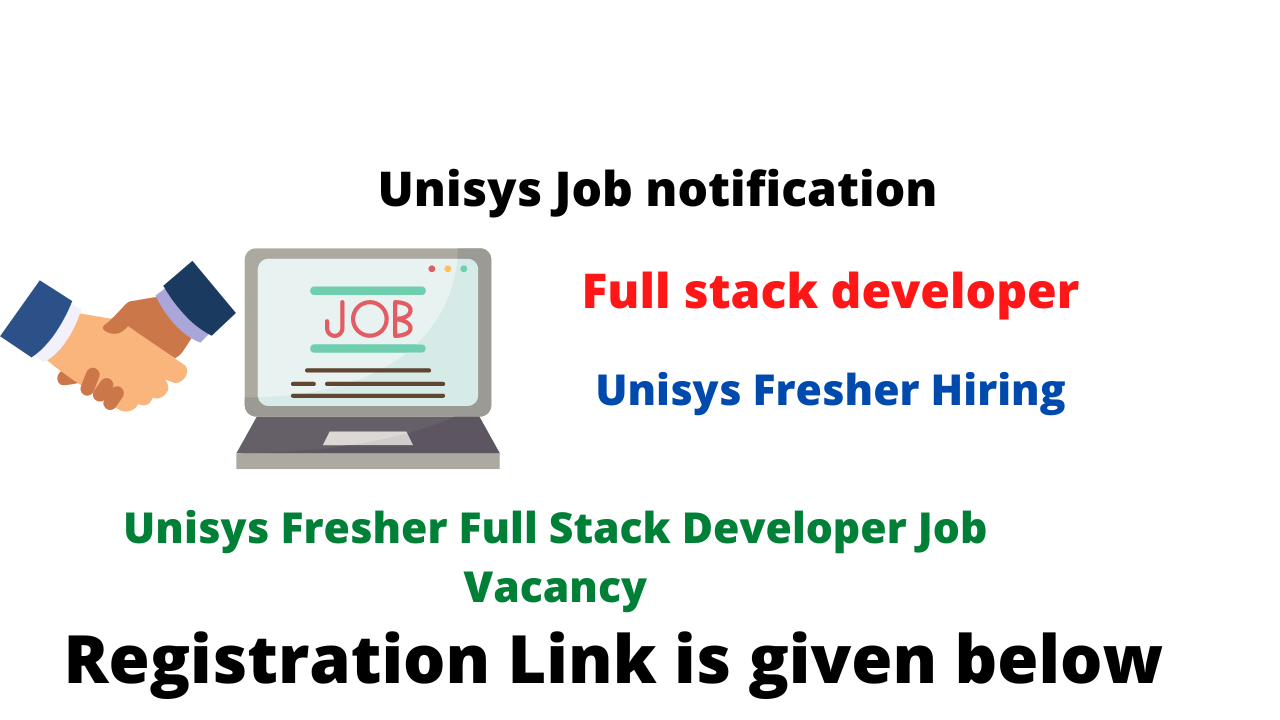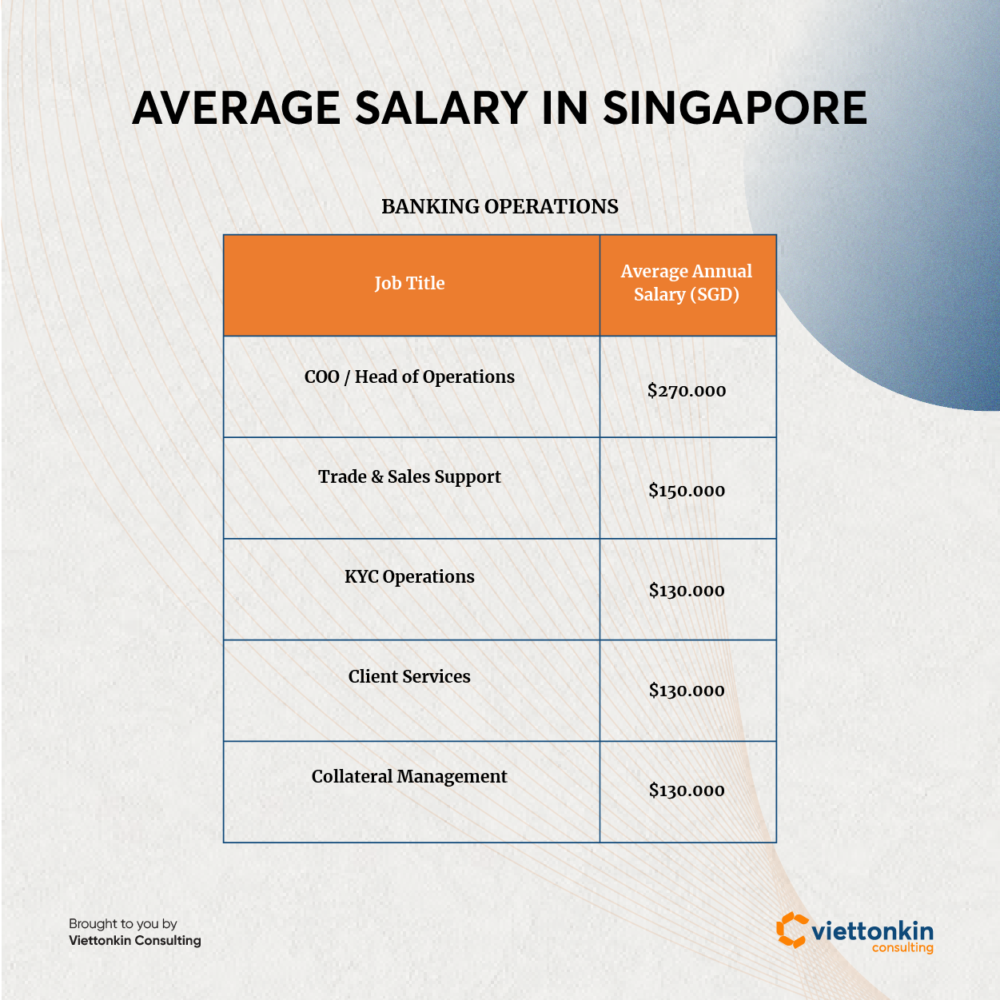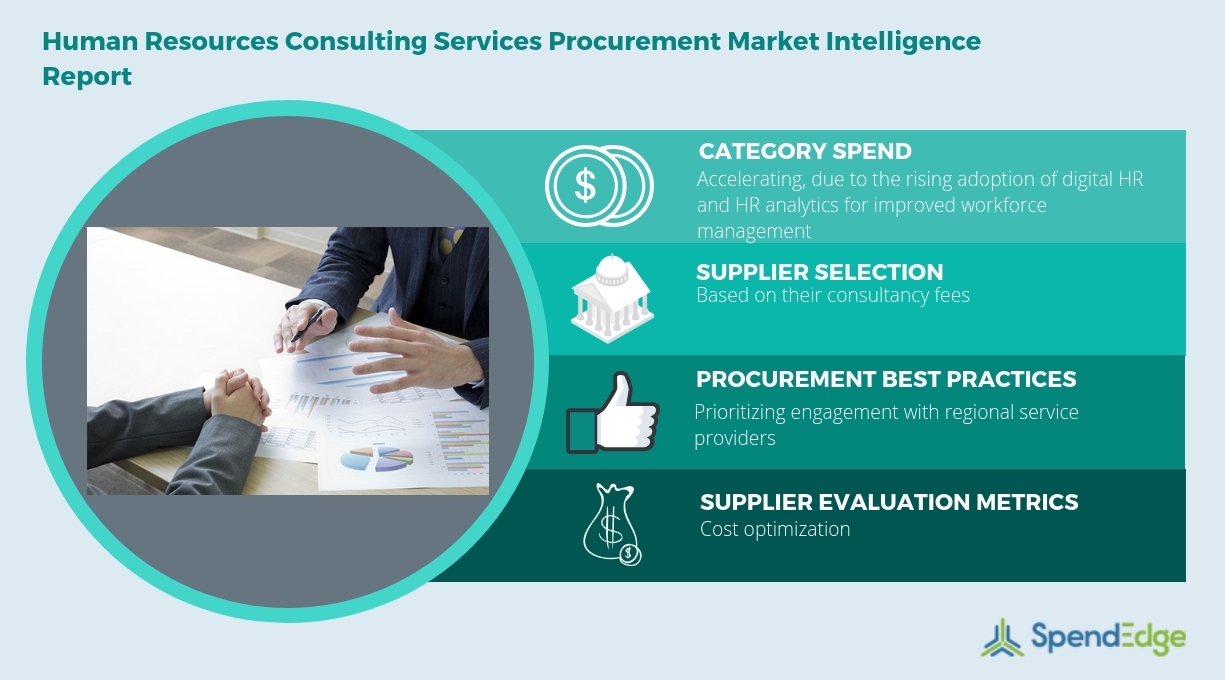
You must be able to understand the business in order to become an independent consultant. This means understanding its mission, goals, and culture. This will require you to find inefficiencies and offer solutions to improve the bottom-line. This requires top-notch problem-solving skills and people skills. This skill set can lead to a rewarding career as an independent consultant.
Independent consultants: Salary ranges
Salary ranges for independent consultants can vary widely, based on the skill level and location. These professionals average $85,000 to $107,000 annually. Some professionals make more than $154,000 per annum. This salary level can vary depending on the location and years of experience. Independent consultants must also be problem-solvers and people-skills.
Independent consultants typically earn more than those working through management companies. Independent consultants have more freedom than employees and can choose their assignments. They are not controlled by a hierarchy. They do not have the same benefits and perks as employees. Independent consultants need to be aware that they are not eligible for paid vacations or unemployment contributions. It is also important to plan for low employment periods.
Qualifications needed to become an independent consultant
Being an independent consultant is not possible without extensive industry knowledge and specialized expertise. You must also be able sell your knowledge and services effectively. Clients trust people who have a track record of success. You can offer consultations as an independent consultant once you have gained more experience and built a client base.

You will need to build relationships to find new clients as an independent consultant. Think leadership content is a must and you should put your expertise on the internet. Your search for clients should be aggressive.
Hourly rates
The hourly rates of Independent consultants depend on several factors. First, the consultant must establish a goal for salary. Then, estimate how many work hours he/she needs to complete that goal each week. This information will allow him or her to determine his hourly rate. Although consultants usually estimate hours worked, this is only a part of the total hours.
Independent consultants may charge more than their clients on an hourly basis, but it's important to remember that clients can pay different prices for the same services. Independent consultants can charge as much as 50% more than the market rate for similar services. Consultants may charge more if they are able to show a good track record and have references.
Location
ZipRecruiter reports that salaries for Independent Consultants can range between $11,000 and $390,500 annually. However, salaries for Independent Consultants typically fall between $26,000 - $100,000. The top earners usually earn more that $367,500 annually. The average pay range for top earners is approximately $74,000. However this may vary depending on your skill level or where you live.
The location plays a significant role in the salaries of independent consultants. Different cities offer different salaries for consultants, so it is important to consider the cost of living in the city you are considering moving to. The average consultant salary is usually higher than the average professional wage in other industries.

Company
You can determine your hourly rate regardless of whether you work on a contract or an independent consultant. Most consultants include a buffer of 30% to their hourly rate. The buffer for consultants who use a market or other services to manage their time is lower. This will allow you to focus on the actual project hours.
Experience is the most important aspect of determining the salary for an independent consultant. If you're just starting out, you may want to build your portfolio and experience by completing various assignments. A competitive salary can be earned if your background is strong.
FAQ
What can I expect from my consultant?
You should hear back from your chosen consultant within a few days. They will typically ask for information about the company, such as its mission, goals. products and services. budget. After that, they will send you a proposal detailing the scope of work, expected time frame, fees and deliverables.
If everything looks good, then the two parties will negotiate a written contract. The terms of the contract will depend on the type of relationship between the two parties (e.g., employer-employee, employer-independent contractor).
If everything goes smoothly, the consultant can begin work immediately. The consultant will have access your internal documents and resources. Additionally, you'll have access their skills and knowledge.
But don't assume that anyone who is a consultant has all the answers. It takes practice and hard work to become an expert in the field you are consulting. So, don't expect your consultant to know everything about your business.
Do I need legal advice?
Yes! Yes. Consultants can often create contracts with clients, without seeking legal advice. This can lead into problems down-the-road. For example, what happens to the contract if the client terminates it before the consultant has completed? Or, what happens if the consultant doesn't meet the deadlines set forth in the contract?
Avoid potential legal problems by consulting a lawyer.
What skills are necessary for consulting?
An effective consultant must have strong interpersonal skills as well as analytical skills. This is crucial because you might not be able to understand what you are doing when you work on complex projects. You need to be able to manage people quickly and solve problems efficiently.
You also need to have excellent communication skills. Most clients expect an answer within 24 hours. If they don’t hear from you within 24 hours, they assume you don’t care. It is important to keep them updated and make sure they fully understand the situation.
What are the benefits to being a consultant?
Consultants can often choose the hours and topics they work on.
This allows you the freedom to work wherever you like, whenever you want.
You can also easily change your mind, without worrying about losing any money.
Finally, you are able to manage your income and make your own schedule.
Is it possible that a consultant business can be started from home?
Absolutely! In fact, many consultants already do exactly this.
Freelancers often work remotely through tools like Skype and Trello, Basecamp, Basecamp, Dropbox, and Slack. They may even create their own office space in order to take advantage of company perks.
Some freelancers prefer to work in cafes or libraries instead of in a traditional office environment.
Some choose to work remotely because they are surrounded by their family.
While working remotely has its advantages, it also comes with some disadvantages. But if you love your job, it's definitely worth considering.
Statistics
- Over 50% of consultants get their first consulting client through a referral from their network. (consultingsuccess.com)
- According to statistics from the ONS, the UK has around 300,000 consultants, of which around 63,000 professionals work as management consultants. (consultancy.uk)
- So, if you help your clients increase their sales by 33%, then use a word like “revolution” instead of “increase.” (consultingsuccess.com)
- "From there, I told them my rates were going up 25%, this is the new hourly rate, and every single one of them said 'done, fine.' (nerdwallet.com)
- According to IBISWorld, revenues in the consulting industry will exceed $261 billion in 2020. (nerdwallet.com)
External Links
How To
What does a typical day look like for a consultant?
A typical day will vary depending on the type of work you are undertaking. However, the majority of your day will consist of research and planning, meeting clients and preparing reports.
You will have many meetings where clients and you can discuss their issues. These meetings can be held over the telephone, online or face-to face.
Sometimes, you may be asked to create proposals. These are documents that outline your ideas and plans for clients. These proposals should be discussed with a mentor or colleague before being presented to clients.
After all the preparation and planning, it's time to actually create some content. Writing articles, designing websites, editing photos or conducting interviews are just some of the options.
Depending on your project's scope, it may be necessary to do research to get relevant statistics. It may be necessary to know how many customers are currently using your products or services.
Once you have enough information, it is time to present your findings and conclusions to clients. You may give your findings orally or in written form.
Finally, you must follow up with clients after the initial consultation. For example, you could call your clients periodically to check how things are going. Or send them emails asking them to confirm they have received the proposal.
This process takes time, but it's important to ensure that you stay focused and maintain good relationships with clients.